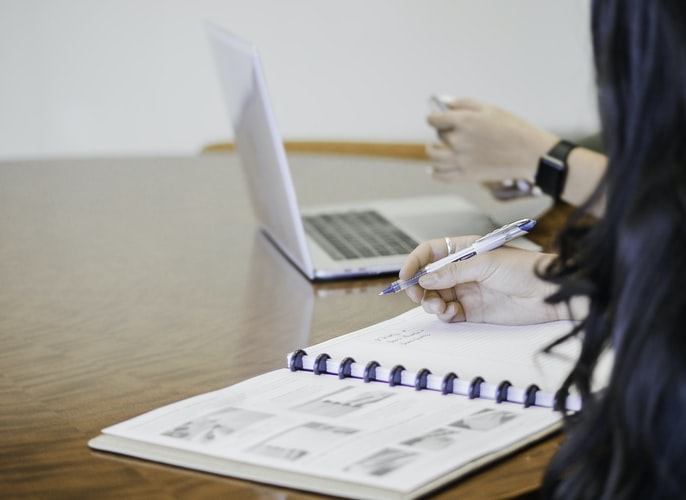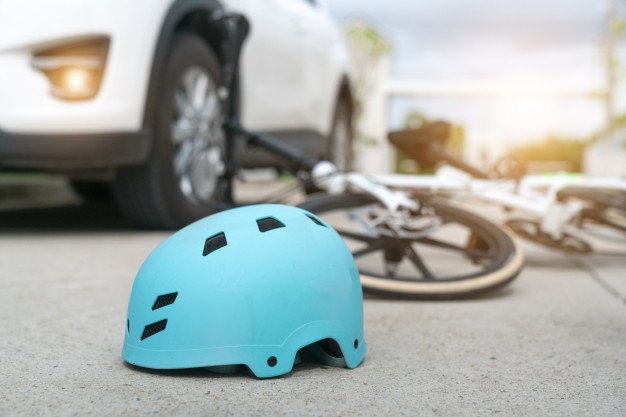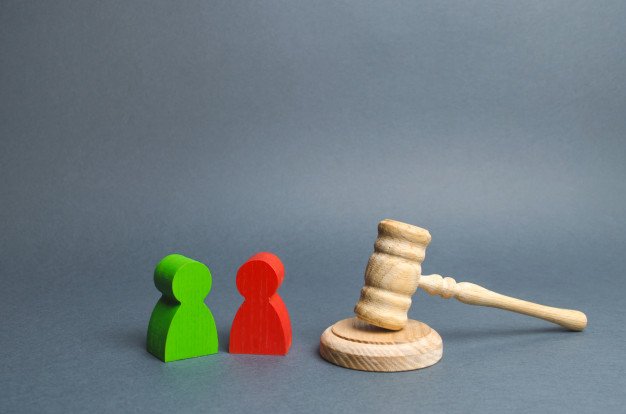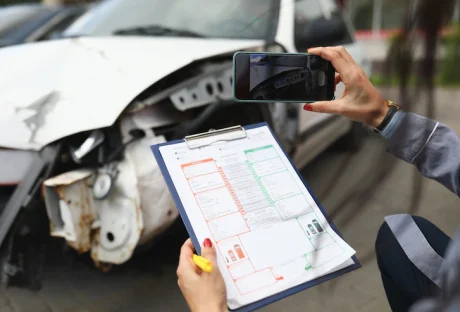When you have to go to court, a million thoughts are running through your head. You are probably feeling insecure, panicked, and even terrified to go into the building because of what is about to happen. That fact can be authentic if you don’t have the best communication skills or patience. This is where a trial consultant comes in to help.
The professional trial consultant can discuss the case with you and help you understand how to speak in court so that there are no problems later on with the client or the lawyer. Let’s see first who a trial consultant is.
Who Is Trial Consultant?
Every new law practitioner is facing a mental dilemma on their first day at court. Presenting your case the first time in front of the judge and many audiences will never be an easy task. But when you are appointed a professional trial consultant prior to your case, you can try the mock trial session for you.
The professional trial consultant is not only organizing the mock sessions. They are also boosting up your mental strength and improving your communication skills. The trial consultant appointing is always bringing more benefits on your professional front. They are helping you prepare your witness and the paper presentations along with the improved argumentation skill.
How To Speak Properly On Your First Day At Court?
One question that you might have for your trial consultant is how to speak in a way that helps the judge and jury understand your case. A great example would be to think about someone who has a heavy southern accent and be in a trial in California.
Would they think less of him if they couldn’t understand him? Or judge him based on where he is from? That is not supposed to happen, but there are times when it does. A trial consultant like Rick M. Goldberg & Associates can help you with language barriers and the most effective ways to communicate while ensuring that the lawyer is asking you the right questions credibly.
A witness should be confident and persuasive though never altering the truth and should be able to understand their role while providing credible testimony.
Your Trial Consultant Will Hold A Mock Trial For You
Another question that you may have for the trial consultant is how the trial will take place. In many cases, witnesses only base a prosecution on what they have seen on television, and it goes pretty differently in real life.
As such, a trial consultant will have you hold a mock trial so that you understand how effective you will be in a formal setting. It also allows you to fine-tune your posturing and how you present the information of the case. They are practical and highly beneficial to witnesses because it helps them become more confident and helps to ensure they don’t walk into a trial blindsided.
However, one note of caution that you will need to keep in mind is that you always need to remember to be fair. It can be harder to understand with the opponent because you are not usually allowed to replicate the mock trial or presentation or know everything they will be doing when they present the case.
Be Calm And Present Your Case Carefully
A trial consultant is more or less efficient to ensure that when you walk into the room, you understand what is expected and how to present yourself in the best manner so that you can have a judge and jury know where you are coming from.
Presenting the facts in the best way possible ensures that you have the most substantial chance of success and winning your case. Using a trial consultant also ensures that your story is truthful, and you get to tell your side of what happened. Having that benefit ensures that you will maximize your chances of winning the case.
Conclusion:
When you are taking your first case and face court the first time, you will face many challenges. The most important factor is that most law practitioners are facing challenges preparing for juries, papers. The most important factor is an argument in the court is challenging, and when you are taking the help of a professional trial consultant, all your hardships are turning out to be an easy and smooth process.
Read Also:
























